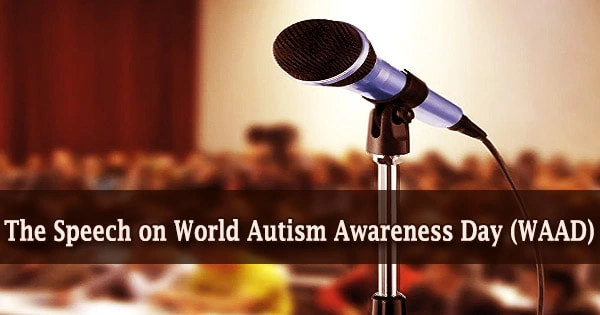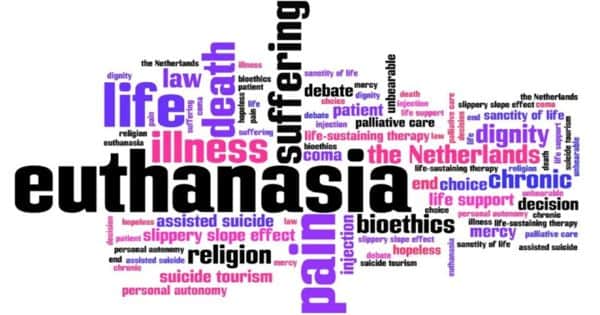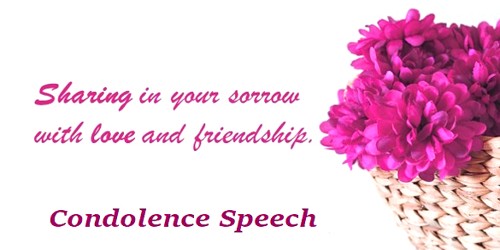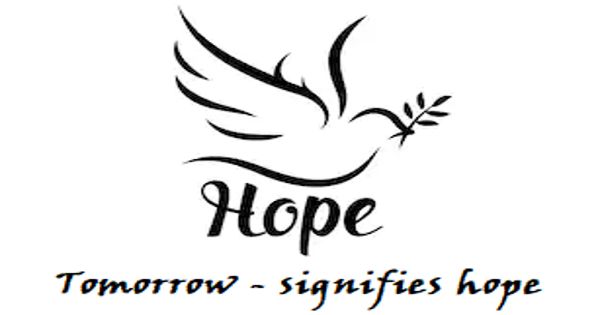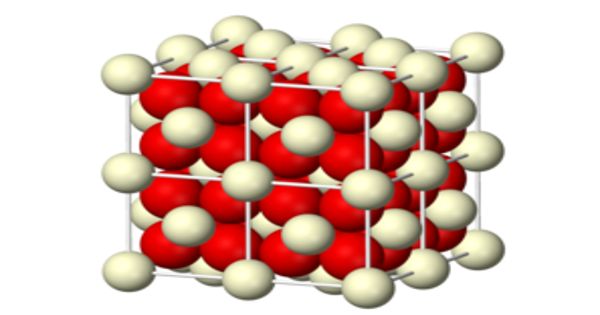A very Good Morning/Afternoon/Evening (Ladies and Gentlemen) to Honorable Principal Sir/Madam, respected teachers, parents, seniors, and my dear friends/students, Warm Greetings to Everyone!
Thank you all for taking out time and being present at this seminar session. Today, we are here to discuss/celebrate a most important day, ‘World Autism Awareness Day.’
Autism is a lifelong neurological illness that begins in early childhood and affects people of all genders, races, and socioeconomic backgrounds. The phrase “Autism Spectrum Disorder (ASD)” refers to a group of symptoms. Appropriate assistance, accommodation, and acceptance of this neurological variety enable people on the Spectrum to participate fully and effectively in society. Autism spectrum disorder affects about one out of every 59 children. On April 2, we commemorate “World Autism Awareness Day (WAAD)” to raise awareness and encourage advocacy for this frequently misunderstood disorder.
We publish the material below to assist explain what it means when someone claims their son or daughter is “on the spectrum” in order to help build understanding and acceptance for all those children, teens, and adults living with ASD. ASD is a broad term that encompasses a variety of disorders marked by social problems, repetitive behaviors, speech, and nonverbal communication.
On November 1, 2007, the council voted “World Autism Awareness Day,” which was implemented on December 18, 2007. It was submitted by Mozah Bint Nasser Al-Missned, Qatar’s UN Representative and spouse of Emir Hamad Bin Khalifa Al-Thani, and was unanimously endorsed by all member nations. Throughout its history, the United Nations has embraced diversity and advocated for the rights and well-being of people with disabilities, such as learning and developmental impairments.
The Convention on the Rights of Persons with Disabilities went into effect in 2008, reiterating the fundamental premise of universal human rights for everyone. Its mission is to promote, preserve, and ensure that all people with disabilities have full and equal access to all human rights and basic freedoms, as well as to encourage respect for their inherent dignity. It is a critical tool for fostering a more inclusive and caring society for all people, as well as ensuring that all children and adults with autism may live full and meaningful lives. World Autism Day is one of only seven recognized United Nations health-related days. Individual autistic groups from all around the globe get together on this day to help with things like research, diagnosis, therapy, and acceptance for people who have a developmental path altered by autism.
Autism is a lifelong neurological illness that begins in early childhood and affects people of all genders, races, and socioeconomic backgrounds. The phrase “Autism Spectrum Disorder” refers to a group of symptoms. Appropriate assistance, accommodation, and acceptance of this neurological variety enable people on the Spectrum to participate fully and effectively in society. The degree and expression of symptoms in people diagnosed with ASD vary greatly. Some people are high-functioning, yet they may struggle with social conduct, putting them on the lower end of the behavioral spectrum.
Those with more sophisticated behavioral issues are on the other end of the spectrum. Individuals with restricted verbal or cognitive processing ability may fall into this category. There are millions of persons with varied levels of behavioral, linguistic, and social condition problems in the center of the range, from the highest functioning, lowest symptomatic instances to those with the most complicated issues. Autism is primarily defined by its unusual social interactions, non-traditional learning styles, intense interests in specialized areas, proclivity for routines, difficulties with regular communication, and distinct sensory processing methods.
The goal of the day was to raise awareness of the challenges that persons with autism experience in society. The goal is for people to accept persons with Autism, and the only way to achieve that is for people to realize the importance of spreading kindness to one another. The day is also observed to honor autistic people’s diverse and distinct creativity and aptitude all across the world. Autistic people’s abilities ought to be recognized and appreciated. Such organizations, such as the Autistic Self Advocacy Network, advocate adopting the title “Autism Acceptance Day” as a substitute for both occasions, believing that it encourages overcoming anti-autism prejudice rather than just raising autism awareness.
While physicians and researchers continue to investigate the origins and risk factors for ASD, current research reveals that a mix of hereditary and environmental variables may influence the development of the disorder. Autism is prevalent in all parts of the world, and a lack of knowledge has a significant impact on individuals, their families, and communities. While ASD cannot be cured, people who are born with it can get counseling and treatment to help them manage their symptoms and achieve academic, social, and personal success. Medication, as well as behavioral, psychological, and educational therapy, are all alternatives for ASD treatment.
World Autism Awareness Day fell on the same day as Onesie Wednesday in 2014, a day developed by the National Autistic Society to encourage individuals in England, Wales, and Northern Ireland to demonstrate their support for anybody on the autism spectrum. Participants are stating “it’s okay to be different” by wearing a onesie or pyjamas. In a 2015 Presidential Proclamation, President Barack Obama outlined some of the US government’s efforts to provide rights to people with autism and raise awareness about the illness.
Consult your doctor if you suspect your child has ASD. He or she can help you determine if your kid has autism and develop a treatment plan to assist him or her cope with challenges and flourish at their strengths.
Also, many thanks to you and everyone else who is here; it was a pleasure to speak with you.
This is all I have to say today.
Thank you all.
